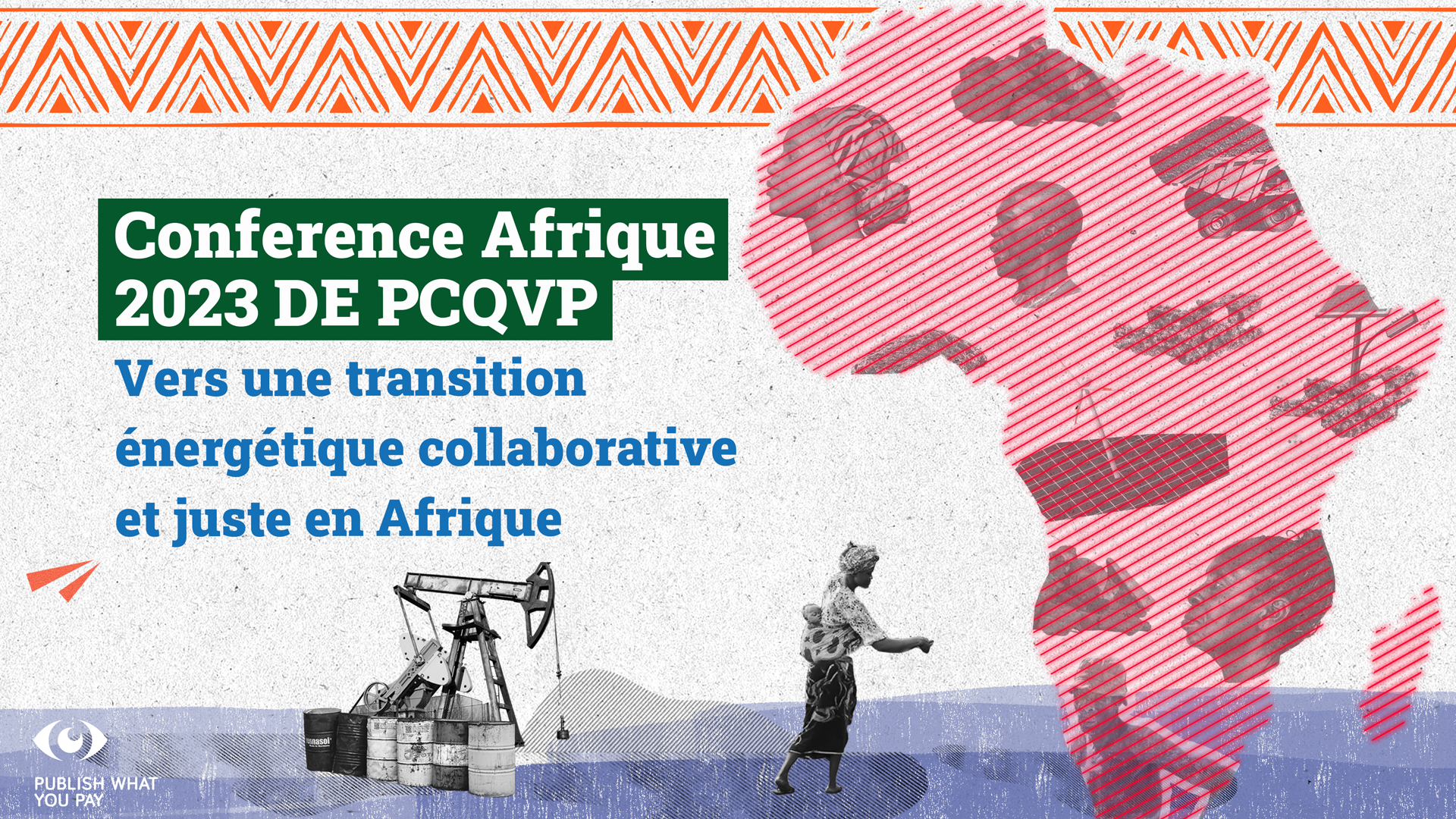ENERGY
A just energy transition for Africa depends on transformative national processes

We believe that the current approach to the design and implementation of energy transition plans and partnerships risks undermining long-term and sustainable just energy transitions in Africa and the global South.
Current transition plans appear to be too narrowly focused on decarbonization and global climate goals, rather than looking at the broader goals of economic and sustainable development in African countries. A poorly designed energy transition plan with limited net zero emission targets could result in an economically and environmentally damaging, as well as technically redundant, transformation (if any).
According to SEforALL and McKinsey, the program was inspired by the success of their previous collaboration in creating an Energy Transition Plan (ETP) for Nigeria in the run-up to COP26 in Glasgow, upon which the Nigerian president made a net zero commitment by 2060 at the summit.
Energy transition plans, partnerships and agreements have become a popular strategy for pursuing just energy transitions in poor countries. While nationally determined contributions (NDCs) are part of official submissions under Parties' obligations in the Paris Climate Agreement and cover adaptation and mitigation measures across economic sectors, energy transition plans and agreements are informed by countries' bilateral relationships, while supporting the goals of the Paris Agreement. They also primarily target the energy sector.
Just Energy Transition Partnerships (JETP) is a new approach to financial cooperation aimed primarily at helping middle-income economies that are largely dependent on coal to shift their energy portfolios to renewable alternatives.
While we recognize that these types of energy transition agreements can help developing countries accelerate ambitious climate action and achieve net zero emissions by mid-century, we believe that the current approach to developing, designing, and implementing energy transition plans and partnerships risks undermining long-term, sustainable, and just energy transitions in Africa and the global South.
A key risk of the current approach is the positioning of energy transition plans as short- to medium-term financial or programming efforts, rather than as long-term transformative programs aimed at economic, social and environmental prosperity.
Energy transition partnerships between Northern and developing countries should catalyze learning, leading to shared understanding and transformative action for system-wide energy transitions. This is particularly true for Africa, given its diversity, distinct energy and economic needs, and long history of uneven engagement with Europe and the North.
The real promise of JETPs, ETPs, and ETIPs lies in their use as a foundation for serious national discourse and structured dialogue on medium- and long-term transition visions. This is an opportunity to identify the social, institutional, political, and technical imaginings, barriers, and stumbling blocks, as well as the significant lock-in dangers, and then to analyze where and how an innovative financial partnership could play a catalytic and learning role in all of this.
Interestingly, SEforALL and McKinsey claim that the desire to expand ETIP to other developing countries is based on the success of their Nigerian model, while evidence and experience have suggested the need for a more careful narrative.
-

 ANALYSIS1 an ago
ANALYSIS1 an agoThe 3 African countries richest in natural resources
-

 NEWS11 month ago
NEWS11 month agoTop 10 des pays africains producteur de l’or : Mali 2-eme, Burkina Faso 3-eme
-

 FOCUS ONA1 an ago
FOCUS ONA1 an agoThe 10 largest oil refineries in Africa
-

 FOCUS ONA11 month ago
FOCUS ONA11 month agoTop 10 oil producers in Africa in 2023
-

 NEWS2 ans ago
NEWS2 ans agoRanking of oil producers: Here are the Top 10 African countries.
-

 NEWS8 month ago
NEWS8 month agoAfrica's 10 largest natural gas production fields.
-

 NEWS2 ans ago
NEWS2 ans agoTop 20 oil producing countries in 2022
-

 NEWS10 month ago
NEWS10 month agoIvory Coast: Eni to deploy a cylindrical FPSO and a converted FSO on the Baleine oil field












